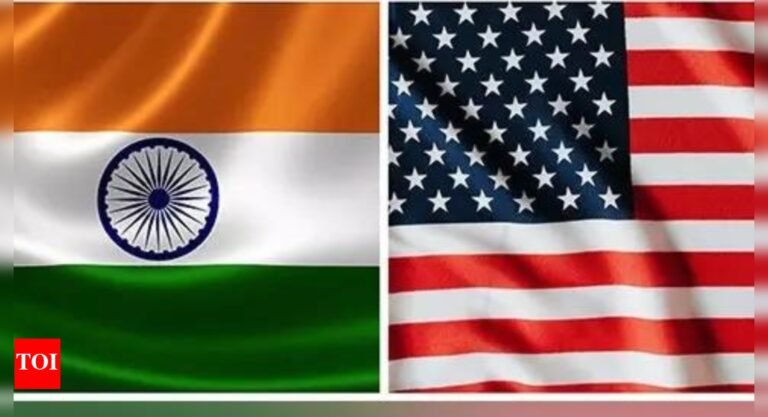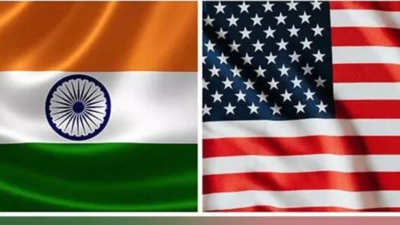India is preparing to open a significant portion of its protected government procurement market to foreign companies, including firms from the United States, two government sources said, marking a notable policy shift that could extend to other trading partners.This move comes shortly after India granted British companies access to select federal contracts under a new trade agreement earlier this month.According to the sources, US companies will likely be allowed to bid for contracts worth over $50 billion, primarily from federal entities, as New Delhi negotiates a trade deal with Washington, as reported news agency Reuters.Total public procurement in India—including purchases by federal, state, and local governments, along with state-owned enterprises—is estimated at $700 billion to $750 billion annually. Most of this market is currently reserved for domestic companies, with 25% specifically set aside for small businesses. Foreign suppliers are only allowed in limited sectors such as railways and defence when local alternatives are unavailable.“In a policy shift, India has agreed to open its public procurement contracts gradually to trading partners including the US in a phased manner and reciprocal manner,” said one official familiar with the matter as quoted by Reuters.The sources, who requested anonymity due to the sensitive nature of the negotiations, said only contracts linked to federal government projects—worth about $50-$60 billion—would be opened to foreign bidders. State and local government procurement will remain closed to overseas firms.“Following the UK pact, India is ready to open a part of its public procurement market to the US as well,” said the second official.The Indian commerce ministry has not responded to requests for comment regarding the US proposal or the possibility of extending the initiative to other countries.India has historically resisted joining the World Trade Organisation’s Government Procurement Agreement, citing the importance of safeguarding small enterprises.In a March report, the US Trade Representative flagged India’s restrictive procurement rules as a key barrier for US companies, citing “changing rules and limited opportunities.”Union Minister Piyush Goyal visited Washington this week to push forward trade discussions, with both sides aiming to finalize an interim agreement by early July. The talks follow a 90-day tariff pause announced by US President Donald Trump on April 9, which includes a 26% duty on imports from India.The Ministry of commerce clarified that under the UK trade deal, British companies will only be allowed to bid on contracts from non-sensitive federal entities, excluding state and local government procurement. UK suppliers can participate in tenders above 2 billion rupees ($23.26 million), while the UK will offer Indian suppliers non-discriminatory access to its procurement system.Anil Bhardwaj, secretary general of the Federation of Indian Micro, Small and Medium Enterprises (FISME), emphasized that Indian small businesses will still receive protection.“The government has assured small industry that a quarter of the orders will be reserved for them,” Bhardwaj said. “Opening procurement to foreign firms on a reciprocal basis offers an opportunity for Indian businesses in overseas markets as well.”
Trending
- US-China trade negotiations: Oil prices steady as investors eyes trade talks in London; Brent holds above $66
- Gold price prediction: What’s the gold rate outlook for June 9, 2025 week – should you buy or sell?
- ‘Bullish on Indian market’: European plane maker ATR eyes expansion in India; in talks with airlines
- ITC bets on buyouts to grow food business
- Maharashtra, Karnataka account for 51 pc of FDI in India in FY25: Govt
- Over a dozen companies line up IPOs in 3-6 months
- Auto companies seek govt help for magnet imports
- China tightens supply: India’s auto industry seeks govt help on rare earth magnet imports; key EV parts impacted
- Mohandas Pai flags lack of domestic capital for Indian startups; urges policy overhaul; calls for stronger R&D support
- Trump-Musk rift rattles Wall Street; Tesla share slide exposes market fragility; major indexes take a hit



